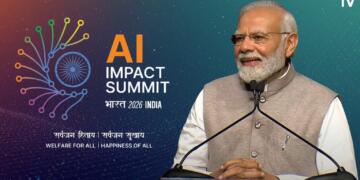Innovation and scientific discoveries have often been attributed to Western countries, overshadowing the remarkable contributions made by inventors from other parts of the world. India, with its rich history and culture, has a legacy of groundbreaking inventions that have significantly impacted various fields. Unfortunately, due to factors such as colonialism, lack of recognition, or limited documentation, many of these inventions have remained relatively unknown. In this article, we shed light on 10 remarkable Indian inventions that have shaped the world, despite not receiving the credit they deserve:
10 remarkable Indian inventions
Here let’s discuss about 10 remarkable Indian inventions that changed the world:
Zero and Decimal System:
One of the most fundamental and influential inventions from ancient India is the concept of zero and the decimal system. This numerical system revolutionized mathematics and laid the foundation for modern arithmetic and algebra. However, the acknowledgment of this Indian contribution was largely eclipsed by the Western narrative.

Ayurveda:
Ayurveda, a traditional Indian system of medicine, has been in practice for thousands of years. It encompasses holistic approaches to healing, including herbal remedies, dietary guidelines, and yoga. Despite its profound influence on alternative medicine and wellness practices worldwide, Ayurveda has often been marginalized in favor of Western medical systems.
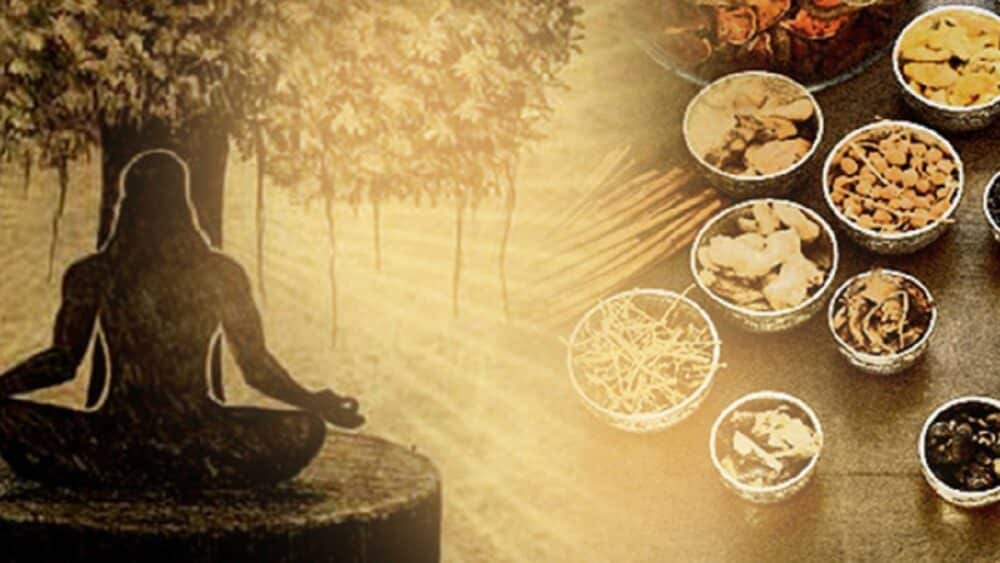
Plastic Surgery:
Sushruta, an ancient Indian physician, pioneered advanced techniques in plastic surgery as early as the 6th century BCE. His surgical procedures, such as skin grafts and reconstructive surgeries, laid the foundation for modern plastic surgery. Unfortunately, this remarkable Indian contribution has been largely overlooked in mainstream historical narratives. It wouldn’t be wrong to say that way before the French or the British, concepts like antiseptic and sanitization were a must in ancient Bharat.
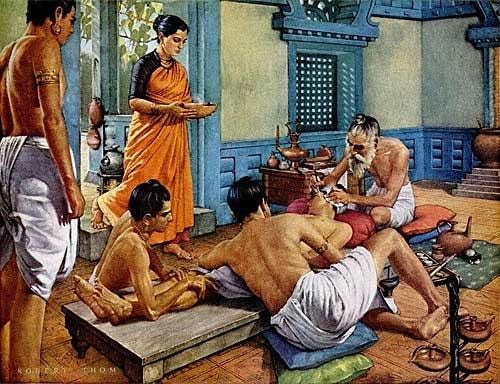
Wireless Communication:
Jagadish Chandra Bose, an Indian scientist, made significant contributions to wireless communication in the late 19th and early 20th centuries. He conducted groundbreaking experiments on the properties of electromagnetic waves, which paved the way for the development of wireless telegraphy. Despite his pioneering work, recognition often went to contemporaries like Marconi, thanks to the lack of patent for Jagdish’s works.

Fibonacci Sequence:
While the Fibonacci sequence is named after the Italian mathematician Leonardo Fibonacci, the concept was known in India centuries before Fibonacci’s time. Indian mathematicians such as Pingala and Virahanka explored patterns of numbers and sequences, which laid the groundwork for the Fibonacci sequence. However, the credit for its discovery is rarely attributed to its Indian origins.
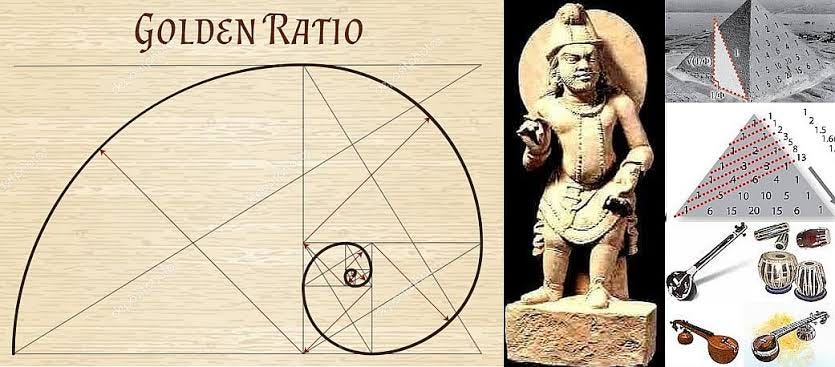
Cataract Surgery:
The earliest recorded cataract surgeries can be traced back to ancient India. Sushruta described surgical techniques for cataract removal using a curved needle and a special spoon-like instrument. These innovative procedures marked a significant advancement in eye surgery. Unfortunately, the Indian roots of cataract surgery are often overlooked in historical accounts.
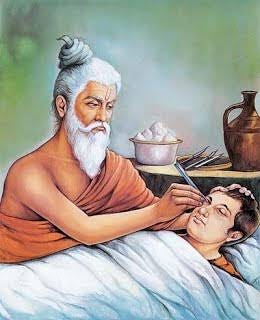
Water Harvesting Systems:
India has a long history of implementing sophisticated water harvesting systems, such as stepwells and reservoirs. These structures effectively stored and managed water resources, allowing communities to thrive even in arid regions. Despite their engineering marvel and relevance to modern-day sustainability efforts, these traditional Indian water management techniques are rarely acknowledged.

Yoga and Meditation:
Yoga and meditation have gained global popularity for their physical and mental health benefits. Originating in ancient India, these practices have been refined over thousands of years. However, their recognition often fails to acknowledge their Indian roots, with their widespread adoption sometimes divorced from their cultural context.

Also read: Hindu Temples in and Around Gaya That Are Worth a Visit
Cotton Cultivation and Textile Industry:
India has a long history of cotton cultivation and a vibrant textile industry. Indians were among the earliest to cultivate cotton and develop sophisticated methods of spinning and weaving. The famous muslin fabric from Dhaka and the intricate craftsmanship of Indian textiles influenced the global textile trade. However, the Indian origins and contributions to the textile industry are often overlooked.

City Planning:
The ancient cities of Mohenjo-Daro and Harappa in the Indus Valley Civilization boasted well-planned layouts, advanced sewage systems, and efficient urban infrastructure. These urban planning marvels highlight the engineering and architectural prowess of ancient Indians. Even consequent civilizations, from the Vedic ones to that of the Cholas, developed marvels that continue to serve the masses even today. Unfortunately, the recognition of these cities as significant contributors to urban planning has been relatively limited.
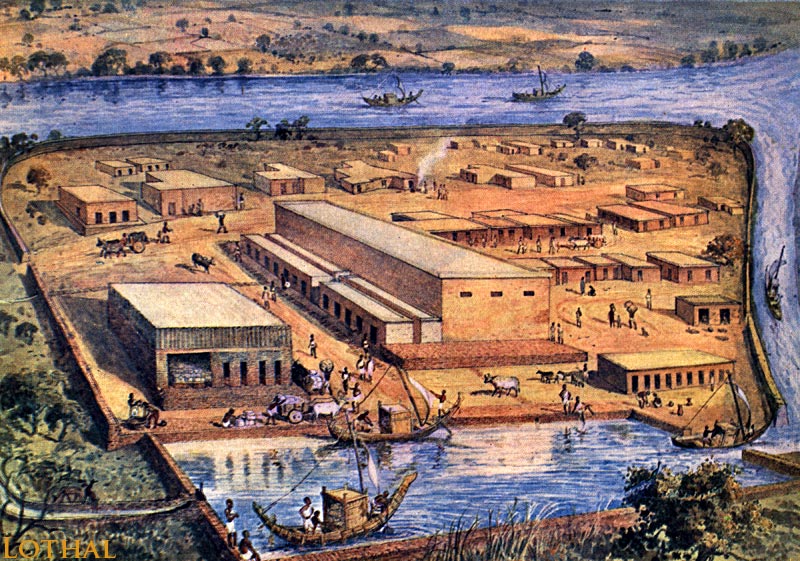
The rich history of India is adorned with numerous groundbreaking inventions that have shaped various fields of knowledge. From mathematics and medicine to engineering and philosophy, Indian inventors and scholars have made significant contributions to humanity’s progress. However, factors such as colonialism, limited documentation, and lack of recognition have often led to these achievements being overshadowed or attributed to others. It is important to acknowledge and celebrate these Indian inventions, not only to give them their due credit but also to foster a more inclusive and accurate understanding of the world’s intellectual heritage.
Support TFI:
Support us to strengthen the ‘Right’ ideology of cultural nationalism by purchasing the best quality garments from TFI-STORE.COM





